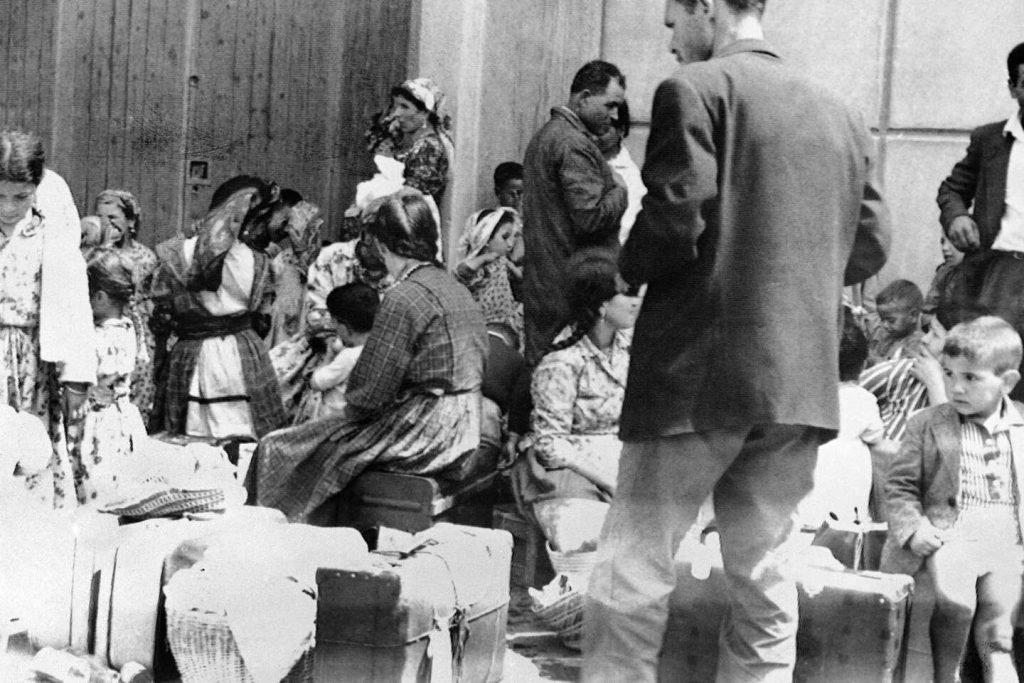The European Court of Human Rights (ECHR) condemned France on Thursday, April 4th, for the living conditions that were “not compatible with respect for human dignity” of the Harkis in reception camps where they spent years after returning from Algeria in the 1960s and 1970s. The five claimants are French citizens born between 1957 and 1969, children of the Harkis, Algerian auxiliaries who fought alongside the French army during the Algerian War (1954-1962). Four of them arrived in France at the time of Algeria’s independence in 1962 or born in France in the following years. They lived in reception camps for Harkis, mainly in Bias, in Lot-et-Garonne, until 1975. They filed various appeals regarding their living conditions in the camp, including their confinement, the opening of their mail by the camp administration, the reallocation of social benefits due to their family to camp expenses, and their education in an internal school structure, outside the regular education system.
French administrative courts have already determined that the state was at fault, and France has already paid 15,000 euros in compensation for the material and moral damages suffered. However, the ECHR, while “aware of the difficulty of quantifying the damages suffered by the claimants,” “considers that the amounts awarded by the domestic courts in this case do not constitute adequate and sufficient compensation to remedy the violations found.” In terms of inhumane and degrading treatment, “the sums allocated to the claimants are modest compared to what the court generally awards in cases related to deplorable detention conditions.” “It follows that these amounts did not cover the damages related to other violations of the [European Convention on Human Rights],” the European Court believes. Consequently, France is ordered to pay over 19,500 euros to the four claimants, members of the same family, in proportion to their time spent in the Bias camp. The fifth claimant, whose father was executed in 1957 by the Algerian National Liberation Front and who joined France in 1980, did not, however, succeed in his case.
For many Harkis, the memory of their time in the reception camps continues to be a source of pain and suffering. The court’s ruling highlights the longstanding neglect and mistreatment that this group has faced, demanding further acknowledgment and compensation for their experiences. France’s recognition of its responsibility for the harm inflicted upon the Harkis is a step towards addressing historical injustices and offering redress. The case serves as a reminder of the importance of upholding human rights and dignity for all individuals, regardless of their background or history. The ECHR’s decision sends a clear message that such violations are not acceptable and calls for accountability and restitution for those who have suffered.


